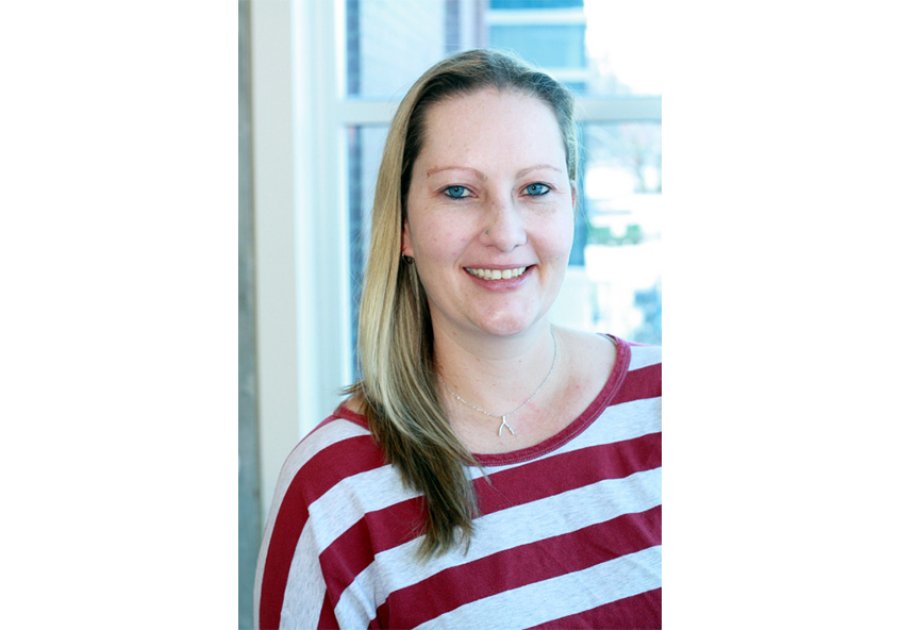Alumni Profile: Katherine Paphitis
12 December 2022 London School of Hygiene & Tropical Medicine London School of Hygiene & Tropical Medicine https://lshtm.ac.uk/themes/custom/lshtm/images/lshtm-logo-black.png
Current job title and organisation
Enteric Zoonotic Specialist (Epidemiologist)
Public Health Ontario, Canada
Can you please tell us a bit about your current work/research?
My academic research is focused on the epidemiology of non-Typhoid salmonellosis in Ontario, Canada, with a particular focus on public health surveillance and cluster and outbreak detection. Professionally, my work and research are focused on enteric and zoonotic diseases and on improving provincial processes for case management and surveillance. My role is a hybrid technical subject matter specialist and epidemiologist position so I get to experience the best of both worlds. I conduct surveillance for clusters and outbreaks of various enteric pathogens, provide technical consultation on various issues relating to different enteric and zoonotic pathogens, assist in outbreak investigation and management, and provide scientific and technical advice and support in the development of provincial policies and processes that guide the work of others in the field.
What course and year did you study at LSHTM?
MSc Epidemiology, 2012
Why did you choose to study with LSHTM?
I appreciated the opportunity to study at a world-renowned graduate school and to be able to complete my studies remotely while working full-time. I knew that I wanted to continue my studies and pursue graduate education, but also wanted to continue working in my field and gaining professional experience, so it was nice to be able to do both concurrently and to practically apply skills in my daily work as I was learning them.
Did you have to overcome any challenges to study with us?
I had to learn how to juggle a busy work schedule with my studies to make sure I learned at a sustainable and reasonable pace and completed assignments and projects on time. It was sometimes challenging to collaborate with other students around the world, accounting for varying time zones, but was overall a rewarding experience and wonderful learning opportunity. I enjoyed meeting students from other countries and learning from their unique experiences and local challenges. I was a bit nervous about pursuing such a statistics-heavy degree virtually, but the courses were taught in such a way that I’ve really enjoyed and embraced advanced statistics and modelling and have continued my studies via a PhD in Population Medicine. The teaching approach really helped me to build my confidence and understanding of epidemiology, and the virtual collaboration platform encouraged me to step out of my shell and engage with others to gain answers to my questions.
What were your favourite memories from your studies with us?
I was fortunate to attend my graduation in person, and took advantage of opportunities to attend the post-graduation dinner, a reception in the Keppel Street library and to tour the school and surrounding area. I also visited the John Snow pub and the Broad Street pump (and got the obligatory photos with each!). It was wonderful to meet some of my peers and tutors in person and several of us have continued to stay in touch.
How has your LSHTM degree helped you in your career?
My degree gave me a really comprehensive grounding in epidemiological theory, including a deep dive into individual practice elements and advanced statistical modelling. My LSHTM degree prepared me well for both further graduate studies as I’m currently about to defend a PhD in Population Medicine, and for professional practice as an epidemiologist. Although it has now been 10 years since I completed my degree, I still regularly refer to my course notes and the textbooks that were provided by the school when writing and reviewing manuscripts and ethics applications.
What would you like to achieve in future?
I hope to continue to further enhance my professional competency by taking advantage of short courses and other learning opportunities, and to pass the baton to future generations by sharing my love of STEM and epidemiology. Ultimately I hope to make valuable and meaningful contributions to my professional field, and to positively influence the practices of others.
Do you have any advice for students/recent graduates?
Network and get involved. I have really benefited from meeting and networking with others in my field, including collaborating on various projects and seeking out opportunities for information sharing. Despite being a distance learner I tried my best to fully immerse myself in the graduate learning experience, and took advantage of opportunities to attend local distance learning reception events, visit the school in person and to act as a student mentor. These experiences really helped me to feel connected to the school and I have very fond memories of my time as a student.
Do you have any social handles you would like us to use?
- Twitter: @KPaphitis
- LinkedIn: Katherine Paphitis